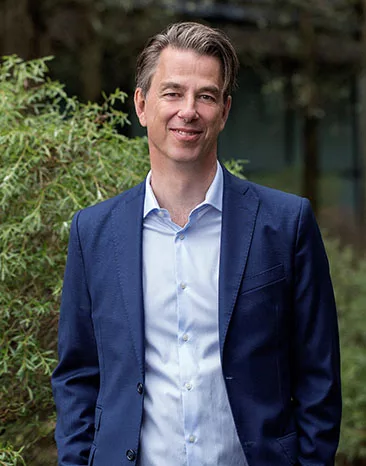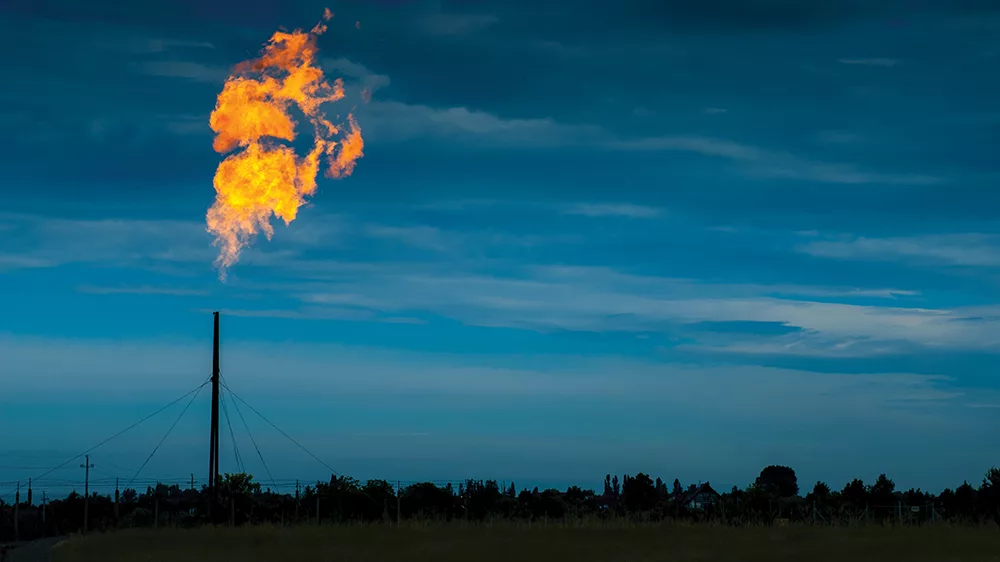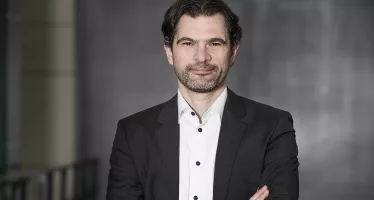Nordea Asset Management: Uniting Investors to Confront Rising Menace of Methane
By Eric Pedersen, Head of Responsible Investments at Nordea Asset Management
If the world has any chance of slowing the rate of global warming, methane emissions must be cut.

Eric Pedersen, Head of Responsible Investments
This greenhouse gas is estimated to account for as much as 25 percent of the climate change the planet is experiencing. It’s a short-lived but powerful pollutant — 86 times as potent as carbon dioxide over a 20-year period. It doesn’t stay in the atmosphere for as long, but methane has already had a huge impact on global warming.
The silver lining is that reductions offer a critical near-term opportunity. The effect of cuts achieved today will be felt in less than a decade. The oil and gas sectors are the largest industrial villains, contributing to 25 percent of global anthropogenic methane emissions.
Reducing methane emissions is critical for companies to adhere to the 1.5-degree limit to global temperatures. Cutting its presence in the oil and gas sectors is one of the most cost-effective forms of climate risk-mitigation, the International Energy Agency has said.
For all these reasons, methane is one of the most critical engagement issues facing Nordea’s responsible investments team.
Collaborative Endeavours
In July 2022, Nordea initiated the first phase of a collaboration with selected partners and clients to engage with 15 oil and gas companies on the disclosure and mitigation of methane emissions. Primary engagement efforts focused on encouraging investee companies with methane emissions to join the Oil and Gas Methane Partnership (OGMP) 2.0 framework. Part of the United Nations Environment Programme, OGMP 2.0 is the gold standard in methane measurement, reporting, and target setting.
Helsinki-based Nordea Asset Management asked the invested companies to identify what they were doing to reduce methane emissions, and to share the cost/benefit analysis of these actions in engagement meetings. During the second half of 2022, phase one of the engagement was expanded to additional companies — and Nordea’s group-wide efforts have continued unabated.
Although gaps in the maturity of emissions efforts have been noted by the financial services group, it has noted that progress can be achieved via engagement. Many companies are taking action to reduce emissions, and are in dialogue with the OGMP 2.0 on membership.
In recent positive moves, the Brazilian state-owned oil and gas giant Petrobras and US group EOG Resources have joined the OGMP 2.0.
Power of Engagement
During 2022, Nordea — as lead for the Climate Action 100+ investor cohort — engaged with Petrobras as part of the collaborative dialogue on methane and other climate topics, such as net-zero reporting and targets. It put the focus on Petrobras’s methane emission volumes, its suitability as a candidate for the OGMP 2.0, and the urgent need to cut emissions to align with the Paris Agreement.

Methane gas flare. Photo: effective stock photos/Shutterstock.com
International Energy Agency data have clearly identified high levels of abatable emissions at offshore oil and gas assets, where Petrobras is a dominant player. The firm is in a production growth phase, so it should be prioritising engineering solutions to minimise methane emissions in new fields and production units. Nordea saw a range of abatement opportunities at Petrobras, and expects additional, asset-level data on methane emissions, such as those reported to the OGMP 2.0.
The Nordic company sent a letter to the CEO of Petrobras, encouraging membership of OGMP 2.0, and met with company representatives in the second half of last year. It stated its expectation: that Petrobras would follow the example set by its peers and business partners, and improve emissions measurement and management.
And it worked. Petrobras acknowledged the importance of the issue and conducted an extensive technical review on the feasibility of reporting to OGMP 2.0 standards. Petrobras joined the OGMP 2.0 fold in January.
Engagement is a powerful tool for investors; the improved management of sustainability risks and opportunities is vital to creating returns with responsibility. Nordea Asset Management sees engagement as a competitive advantage, increasing the likelihood of long-term success — which benefits companies, investors, and society.
You may have an interest in also reading…
Nordea Finance Facilitating the Sustainable Transition
Nordea Finance prides itself on being the preferred financial partner in the Nordics — and that’s something the company has
Check Creditworthiness in Seconds: SCHUMANN Has the Tech to Do It
Blocklists, customers with weak creditworthiness, important limit decisions — the economic consequences of the pandemic has made it vital to
Mark Carney: An Admirable Mind-Set at the Bank of England
Early February, Canadian banker Mark Carney spoke before the House of Commons Treasury Committee about his new job. The hearing
















































































